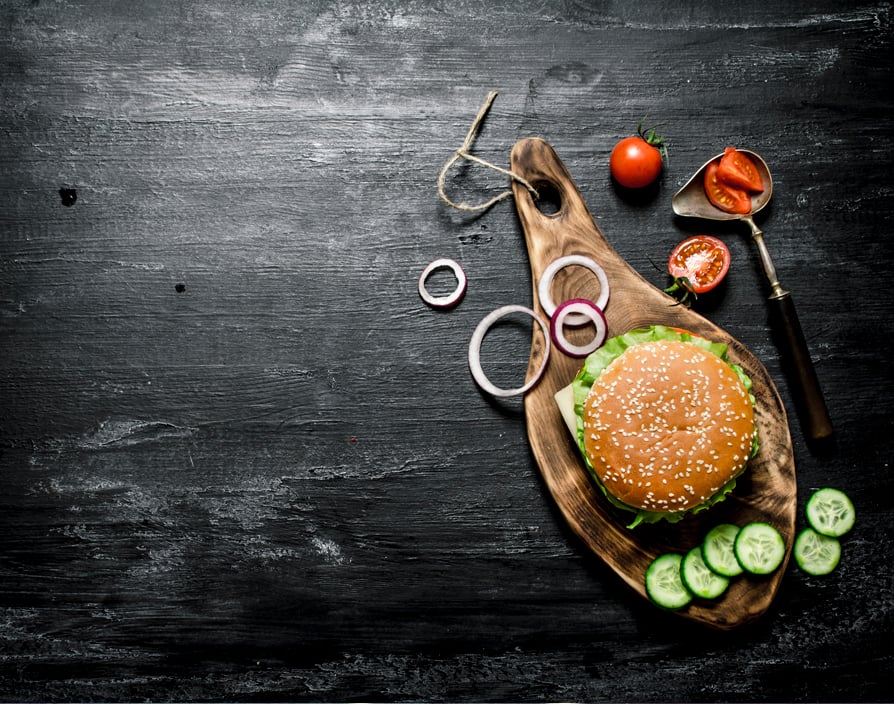Since Deliveroo first burst onto London’s streets in 2013, the technology startup has been seen as a frontrunner of the sharing economy. Having recently finished a $275m funding round, totalling its raised capital to close to $500m, it is safe to say that Deliveroo is nearing unicorn status. And the money will be needed to compete against competitors such as Just Eat and UberEats, which are also vying for market share. But it’s not just competition that may cause a bump in the road for the food-delivery startup: its relationship with its drivers has proven to be another hurdle.
This week, William Shu, the company’s co-founder and CEO, has publicly apologised for letting a wage dispute between the firm and its drivers get out of hand. Echoing a similar conflict between Uber and its drivers, Deliveroo’s quarrel began after it proposed a new pay structure for its couriers.
Under the new scheme, drivers who don’t opt out will be paid £3.75 per delivery, instead of an hourly rate of £7 plus £1 pound per delivery. The food delivery startup also guarantees that any drivers affected by the new structure will be paid at least £7.50 an hour at peak times. The company aimed to make it clear that the changes were part of a trial and would only apply to 280 of its 3,000 riders. But fearing that the new scheme would slash their income considerably, the couriers went on strike last week and protested outside the company’s headquarters.
Deliveroo’s drivers weren’t alone in their outrage: both the government and the opposition spoke out against the plans. The Department for Business, Energy and Industrial Strategy stepped in on Sunday, stating that workers must be paid the national living wage of £7.20 an hour unless a court or HMRC rules that they are self-employed. The statement was backed up by Jon Trickett, shadow business secretary, who commented: “The company is offering a return to a Victorian system which has no place in modern Britain.”
Responding to the pressure, Shu appeared on the BBC’s Today show and said: “I’m very sorry things have gone to this point. Our riders are the life blood of our business and without them we are nothing.”
By stepping in, the government is sending a clear message that it’s serious about implementing the national living wage. But it remains to be seen if other startups will similarly struggle to take care of both their margins and manpower when interpreting the law. ![]()
Share via:








































